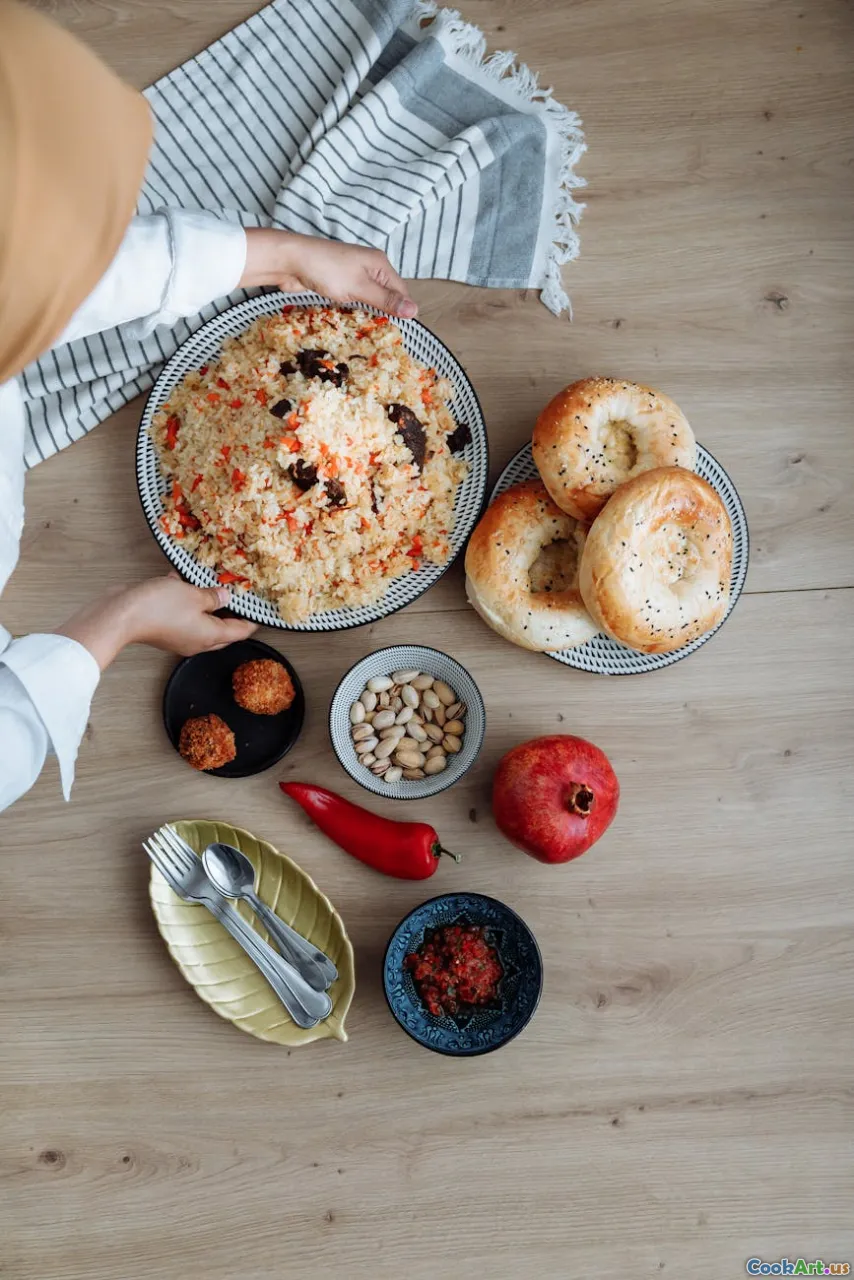Cuisines That Shaped Civilizations
5 min read Uncover how diverse cuisines have molded civilizations and their cultures through history, shaping identities and traditions. April 08, 2025 05:45
Cuisines That Shaped Civilizations
Throughout history, food has played a crucial role in shaping civilizations, influencing cultural identities, and fostering community ties. From the spice routes of ancient trade to the rise of global cuisines in modern society, the evolution of culinary practices is a fascinating story of human experience and creativity. This article delves into several key cuisines that have not only defined cultures but also transformed the course of history.
The Role of Trade in Culinary Evolution
Trade has been a significant driver of culinary change. The ancient Silk Road, which connected the East and West, was pivotal in introducing and blending diverse ingredients and cooking methods. Spices like cinnamon and black pepper were coveted commodities that not only enhanced flavors but also motivated exploration and trade expeditions. The exchange of food products led to a fusion of culinary traditions that shaped regional dishes.
Example: The Spice Trade
The spice trade was not just an economic venture; it was a cultural exchange that brought together different peoples and their culinary practices. For example, the introduction of nutmeg and mace to Europe from the Indonesian islands resulted in the creation of rich, spiced dishes that characterized medieval European cuisine.
Ancient Civilizations and Their Culinary Legacies
Mesopotamia: The Birthplace of Agriculture
Considered one of the earliest cradles of civilization, Mesopotamia's agricultural innovations laid the groundwork for future cultures. The domestication of grains, particularly barley and wheat, enabled the development of bread, which became a staple food. This early cuisine was simple yet foundational, and it paved the way for the societal structures that arose in the region.
Ancient Greece: The Foundation of Western Cuisine
Greek cuisine is another cornerstone that influenced Western culinary practices. With its emphasis on fresh ingredients like olives, fish, and vegetables, Greek food celebrated the Mediterranean lifestyle. The Greeks introduced the concept of symposiums, where food and drink were integral to social gatherings, emphasizing the importance of culinary experiences in social cohesion.
The Impact of Colonialism on Global Cuisines
The age of exploration and colonialism had profound effects on global cuisines. As empires expanded, they brought with them their culinary traditions, which often mingled with local foods.
Example: The Columbian Exchange
The Columbian Exchange is a prime example of how colonialism reshaped diets worldwide. The introduction of New World ingredients like tomatoes, potatoes, and chocolate to Europe revolutionized culinary practices. Conversely, European staples such as wheat and livestock were introduced to the Americas, creating new culinary landscapes.
Modern Cuisines and Globalization
In our contemporary world, globalization has further intertwined culinary traditions. The rise of fusion cuisine reflects this blending of cultures, where chefs creatively combine elements from various culinary backgrounds.
Example: Sushi Burritos and Korean Tacos
Innovations like sushi burritos and Korean tacos exemplify how global influences can create entirely new dishes that appeal to diverse palates. This culinary fusion not only highlights the adaptability of food but also showcases the interconnectedness of our world today.
Conclusion
Cuisines that shaped civilizations are more than just food on a plate; they are rich narratives of human history, culture, and connection. From ancient trade routes to modern fusion dishes, food has the power to unite and define us. As we explore various culinary traditions, we not only savor their flavors but also appreciate the stories and experiences they carry, connecting us to our past and to one another. Through understanding these cuisines, we gain insight into the societies that created them, enriching our own culinary experiences and cultural appreciation.









